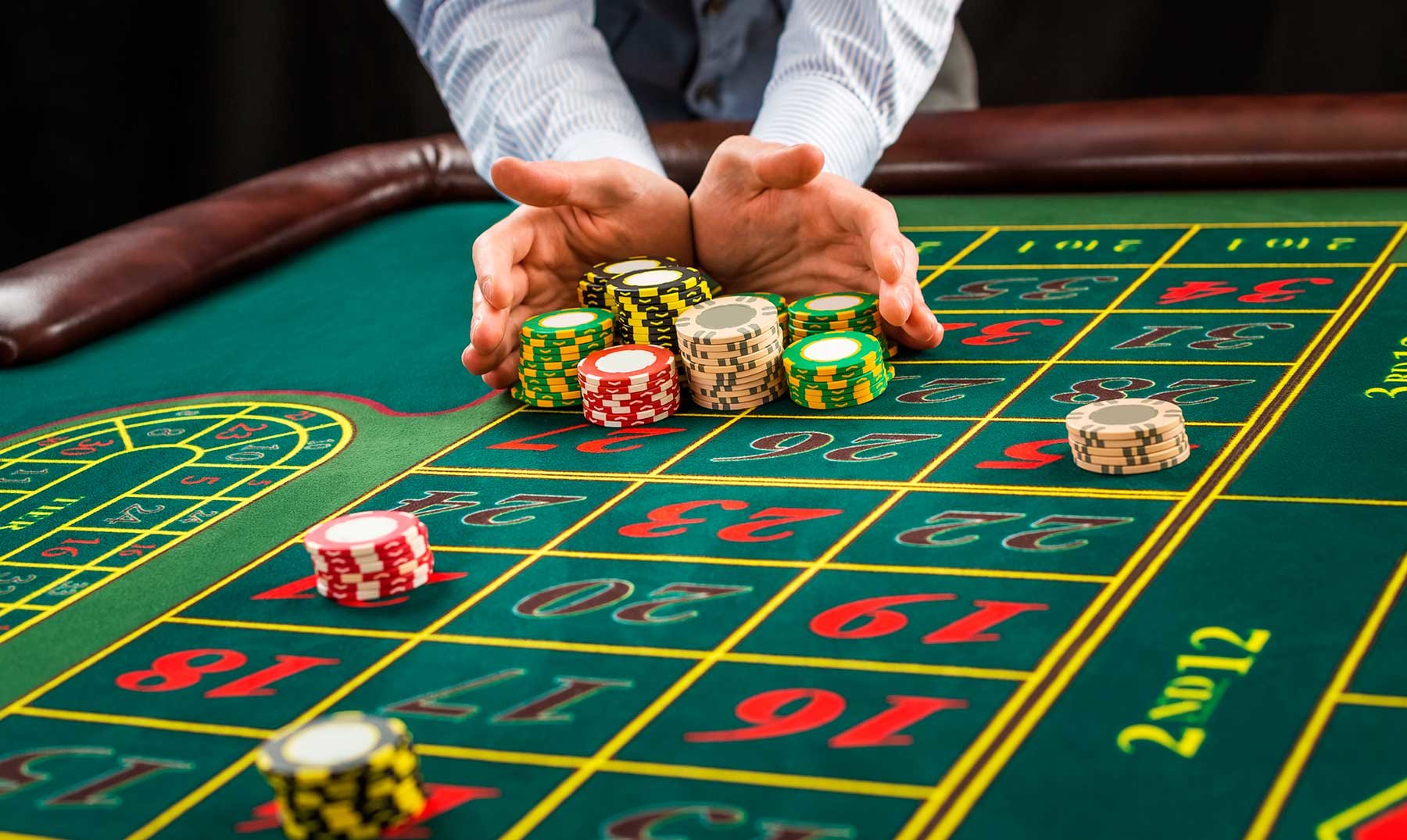
In the dynamic realm of casinos, in which the atmosphere humms with enthusiasm and the clattering of chips permeates the environment, the role of a dealer is both crucial and captivating. Daily, these experienced experts step into a world where fortune and tactics converge, guiding players through the highs and lows of their chosen casino titles. From card games like 21 and texas hold ’em to the spinning wheels of the roulette table, dealers manage the gameplay while making sure that every game runs seamlessly and honestly.
As the sun rises on another busy day, a casino game dealer gets ready to immerse themselves in this vibrant environment. Their duties extend beyond merely distributing the cards or turning a roulette wheel; they are also performers, service providers, and keepers of the game regulations. Each shift brings new challenges and experiences, making every day distinct in the life of a casino dealer. This insider look will explore the daily routine of a casino game dealer, showcasing the skills and insights that make this profession both thrilling and rewarding.
The Role of a Gambling Table Dealer
A casino game dealer is at the core of the gambling experience, managing the flow of the play while making sure that players are involved and enjoying themselves. Their primary duty is to oversee the table, which includes dealing cards, rotating the wheel, or handling the chips, based on the type of game being played. Croupiers must possess a thorough understanding of the regulations and guidelines governing each type of game, while also maintaining a welcoming and welcoming demeanor to improve the gaming atmosphere.
In addition to overseeing the play, dealers must also monitor on the players and the environment around the game. tiga37 This includes watching for any indications of cheating, ensuring that everyone is adhering to the rules, and addressing any disputes that may arise among players. Strong communication skills are essential, as croupiers often provide explanations about the rules and mechanics and give assistance to those who may be novice to gambling games.
Moreover, a dealer’s role extends beyond just the technical aspects of the game. They play a crucial part in crafting an immersive experience for the players. This necessitates establishing a rapport with patrons, being sensitive to their wants, and often adding an aspect of entertainment into the play. It’s this combination of talent, vigilance, and interpersonal relationship that makes the role of a casino table dealer both demanding and fulfilling in the vibrant world of casino games.
Responsibilities and Challenges in Daily Operations
One of the primary responsibilities of a dealer in a casino is to manage the multiple games available at their table, guaranteeing a seamless and pleasant experience for players. Dealers must be adept at dealing cards, managing chips, and maintaining the continuity of the game. This calls for a keen understanding of the rules of each game, from blackjack to roulette, and the ability to address players’ questions while keeping the game moving. Attention to detail is essential, as dealers must track bets, pay out winnings accurately, and watch for any cheating or discrepancies at the table.
In addition to managing the game itself, dealers face challenges such as dealing with difficult players. The casino environment can be high-pressure, particularly during high-stakes games, and a dealer must remain calm and maintain professionalism at all times. They need robust interpersonal skills to navigate interactions with players who may be upset about losses or dissatisfied with the game’s pace. Handling these situations delicately is crucial in ensuring a friendly atmosphere on the casino floor.
Another major responsibility is maintaining the honesty of the game. Dealers must be alert and observant, watching for any signs of collusion or cheating among players. This involves not only a strong knowledge of the games but also an awareness of player psychology. They must also follow the casino’s rules and procedures, participating in regular training sessions to keep updated on rules and protocols. Balancing these responsibilities while providing excellent customer service is what makes the role both difficult and rewarding for a casino game dealer.
Skills and Skills for Achievement
A effective casino game dealer must have excellent communication skills. This includes not only the ability to explicitly explain game rules and procedures to players but also the capacity to engage with them in a approachable and respectful manner. Cultivating rapport with guests can enhance the gaming experience and promote repeat visits to the casino. Strong communication enables dealers to manage tables smoothly while ensuring that players feel valued.
Moreover, robust mathematical skills are essential for a dealer. Quick calculations are often required to monitor bets, payouts, and game outcomes in real-time. A dealer’s ability to perform these numerical tasks accurately and swiftly contributes to the overall efficiency of the game. This skill helps in maintaining the flow of play and in minimizing disputes or misunderstandings with players, which is crucial in a fast-paced casino environment.
Lastly, an ideal casino game dealer should show integrity and professionalism at all times. Trust is a vital component of the gaming experience, and players must feel assured that the games are conducted fairly and clearly. A dealer’s devotion to upholding high ethical standards fosters a positive atmosphere at the table and enhances the casino’s standing. Being consistent in behavior ensures that dealers leave a lasting impression on guests, which can lead to a faithful customer base.